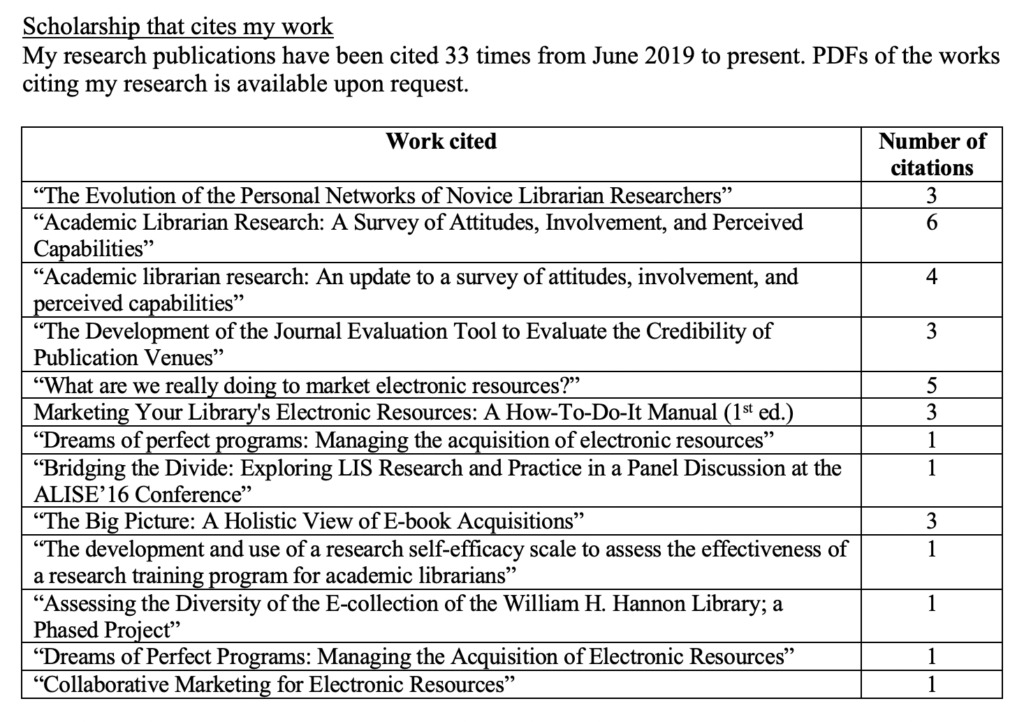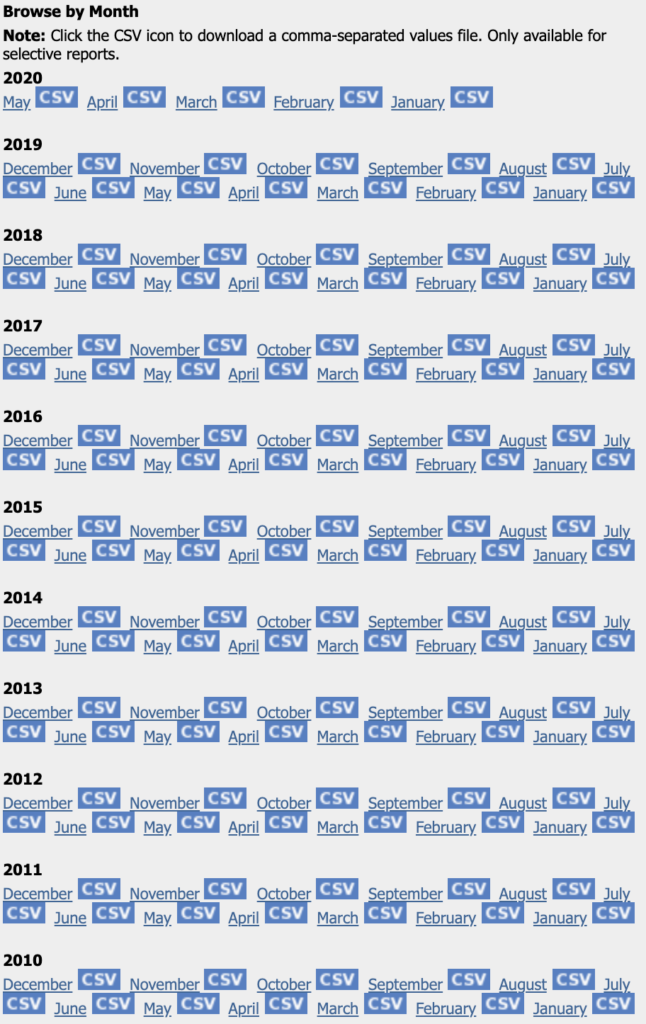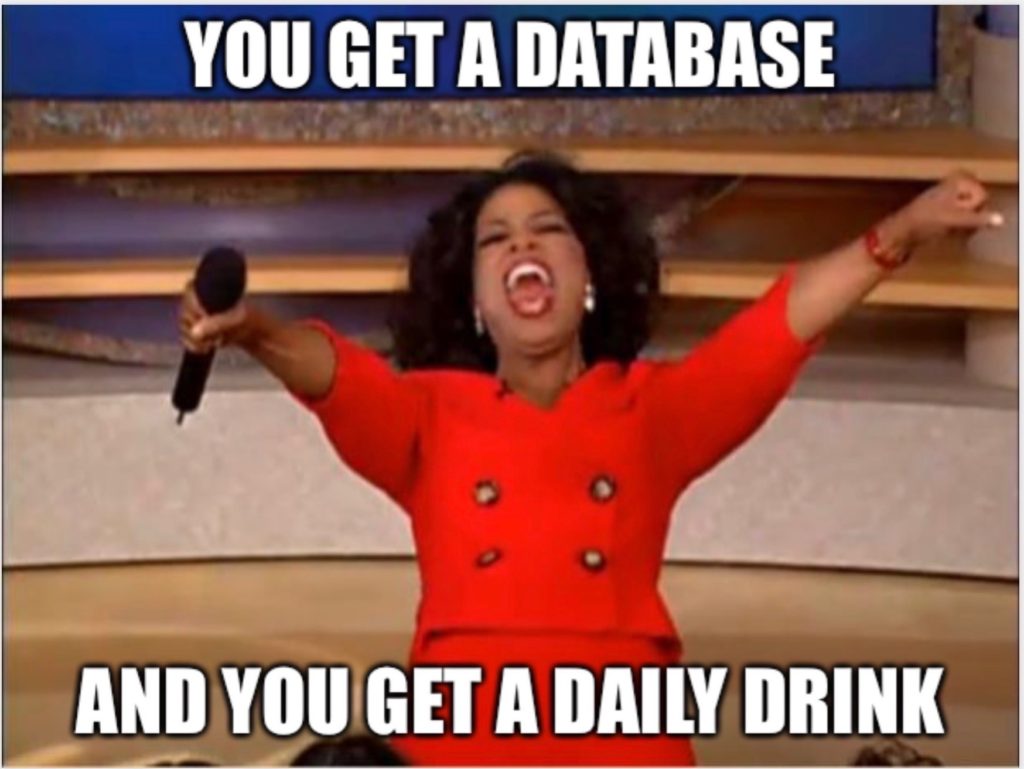In our latest study we explore potential factors that may contribute to a librarian becoming a highly productive researcher. Our study is the first to explore the factors from the perspective of the profession’s most accomplished librarian-researchers.
Librarians at the outset of their research careers can benefit from understanding factors that contributed to the productivity of accomplished librarian-researchers, such as professional training and research environment, social supports in the research network, and beliefs about and the practice of the research process. Insight into these factors can help them to imagine their own career trajectories. To that end, we focus our attention on these two questions:
- What are the factors that accomplished librarian-researchers identify as having contributed to their becoming a productive researcher?
- What are the compositional commonalities of the research networks of these librarian-researchers with a high level of research output?
For this exploratory and descriptive study we recruited 78 academic librarians identified as highly productive researchers; 46 librarians participated in an EgoWeb 2.0 survey about their professional training and research environments, research networks, and beliefs about the research process. Respondents supplied a recent CV which was coded to produce a research output score for the past 10 years. In addition to fixed-response questions, there were five open-ended questions about possible success factors. All data were analyzed with descriptive statistics and tests of significance correlations.
We find that librarian-researchers have professional training backgrounds and research environments that vary widely; none is statistically associated with research output. Those with densely connected networks of research colleagues who both know each other and do research together is significantly related to research output. A large group of those identified in the research networks are “both friend and colleague” and offer each other reciprocal support.
We find that the denser the research collaboration network (those who know each other and do research together), the higher the research output. The picture below shows an example of a network of a low research output respondent that also has a low-density network and a network of a high research output respondent, with a high-density network. It is interesting to note that in the low research output network, most of the people in the network are categorized as colleagues only, with a few friends/colleagues but in the high research output network all of the people in the network are categorized as both friends/colleagues.

Another finding that echoes our previous research (Kennedy & Brancolini, 2012, 2018), there is strong agreement in the group related to their belief that their LIS Master’s degree did not adequately prepare them to conduct original research; 38 of the 46 do not believe their degree provided research-readiness.
In this study we find that that there are many paths to becoming an accomplished librarian-researcher and numerous factors are conducive to achieving this distinction. A positive research environment includes high institutional expectations; a variety of institutional supports for research; and extrinsic rewards, such as salary increases, tenure, promotion, and opportunities for advancement. We further conclude that a librarian’s research network may be an important factor in becoming an accomplished librarian-researcher. This finding is supported by both the research network analysis and responses to open-ended questions in which collaboration was a frequent theme.
Kennedy, Marie R., Kristine R. Brancolini, and David P. Kennedy. 2020. “An Exploratory Study of Accomplished Librarian-Researchers.” Evidence Based Library and Information Practice 15(1).






